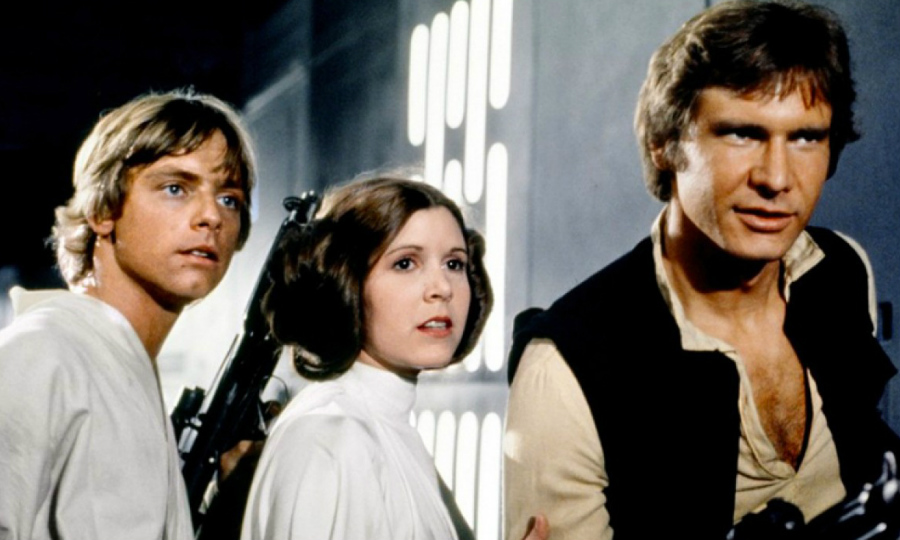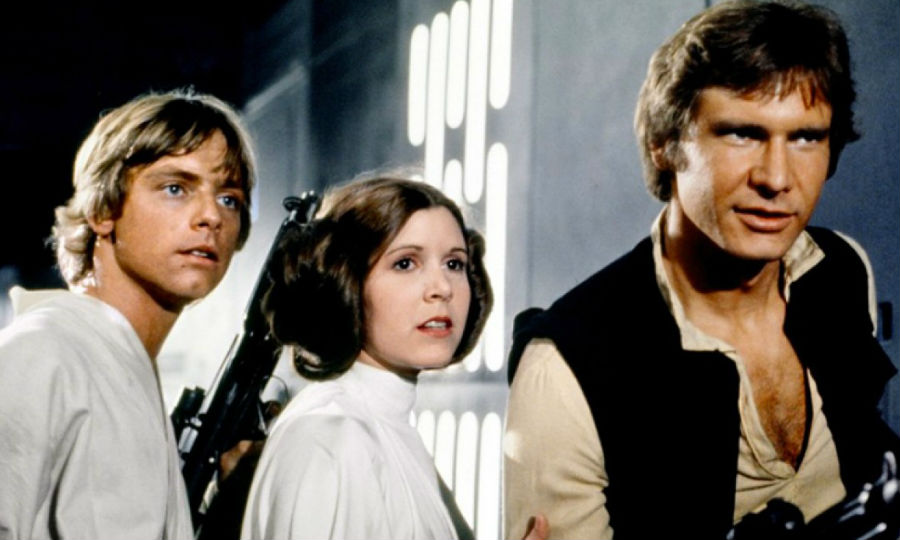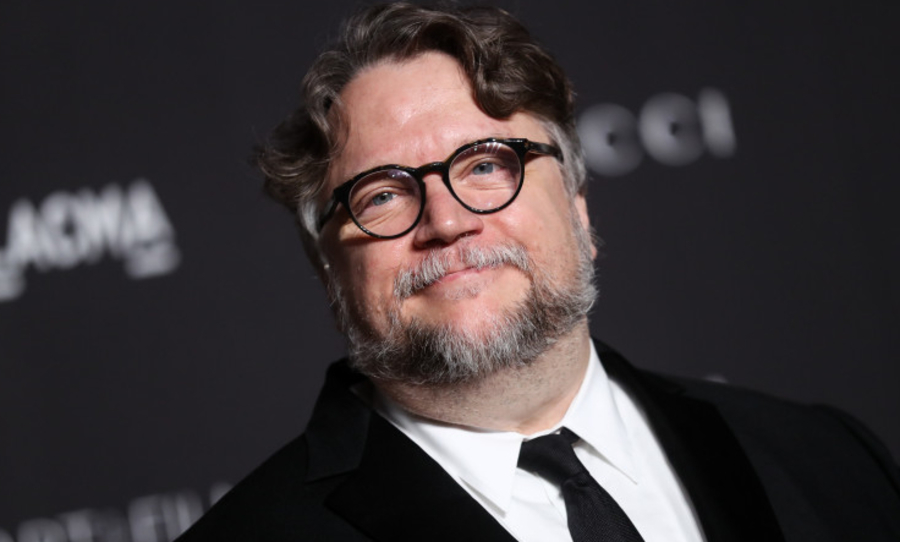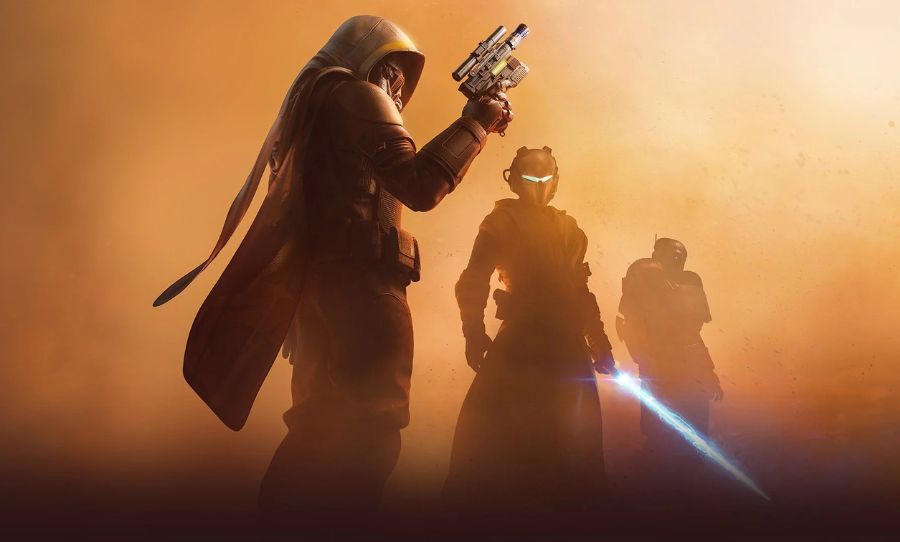The 1970s was one hell of a time for cinema. Arguably the most iconic decade of the 20th Century, everything was in full bloom in the ’70s: fashion, drama, sexuality and of course some of the best original scores!
Despite America being in a somewhat financial slump, Hollywood was still very much swinging leading to major developments in cinema both as an art form and a business. With young filmmakers daring to take greater risks due to lifting restrictions regarding language and sexuality, the 1970s produced some of the most critically acclaimed and financially successful films since the ‘Golden Age of Hollywood’.
Reflective of this creative boom was the accompanying music. 1970s film scores are some of the most enduring and instantly recognisable pieces of music ever written.
Thus we honour the ’70s with the 10 best movie soundtracks of the decade.

We reflect on the turbulent and iconic decade that was the 1970s. Plundering the depths we have collected the 10 best movie soundtracks of the era.
A Clockwork Orange – Wendy Carlos
This seminal Stanley Kubrick film was a landmark piece of cinema for it’s interpretation of the Anthony Burgess classic, A Clockwork Orange, as well as it’s confluence of electro-synth and classical music. The famous score from Wendy Carlos is a leading example of a soundtrack reflecting the movements of a film.
The building symphonic measures are an extension of Alex’s deteriorating psyche. Using the violent Ludovico technique Alex is psychologically conditioned against Beethoven’s Ninth Symphony, making for one the most quintessential moments in cinema history.
Diamonds Are Forever – John Barry
John Barry returns in Diamonds Are Forever for the most epochal James Bond theme of all time. As the final film starring Sean Connery, this iconic tune is still a live favourite at Shirley Bassey concerts.
Funnily enough, producer Harry Saltzman reportedly hated the song though it was kept on due to the firm insistence of co-producer Cubby Brocolli.
8. Halloween – John Carpenter
John Carpenter directed the highly influential, low budget horror film Halloween and also composed it’s creepy minimalist score. What is one of the most instantly recognisable horror scores of all time was also done extremely cheap. The film only had a $300,000 budget so with no orchestra on his hands, John – who learned music as a kid – booked a synth studio in LA and plunked down some simple tunes.
He scored it in three days without recording to picture. No cues, just five or six themes and that was that. The result is a progenitor for future horror music and one of the best movie soundtracks to date.
Apocalypse Now – Various
A quintessential reflection of the colourful tapestry of 1970s music, Apocalypse Now mirrors many concerns of the counterculture movement with some of their favourite music too.
From The Rolling Stones to The Doors it’s all extremely poignant set against the backrop of the Vietnam War. However, none more so than Richard Wagner’s The Ride Of The Valkyries.
Taxi Driver – Bernard Hermann
Matin Scorsese’s most significant film Taxi Driver was special for many reasons. It was the final score from Bernard Hermann before his death in 1975. It was nominated for an Academy Award and Grammy for Best Original Score, and is an indicative period film on the crime and squalor of 1970s New York.
A fantastic film that blurs the line between right and wrong, it was a fitting sign off to one of cinemas greatest composers, Bernard Hermann.
Jaws – John Williams
John Williams just repeated two notes. It’s that simple. However, rarely does a score so perfectly portray the atmosphere of a film. The score for Jaws is widely considered one of the most iconic pieces of music in cinemA history.
When Williams first played the theme to Steven Spielberg he initially laughed, thinking it was a joke. However Williams later described the theme as “grinding away at you, just as a shark would do, instinctual, relentless, unstoppable.”
Superfly – Curtis Mayfield
The 1972 album from Curtis Mayfield is an iconic moment in the socio-political climate of 1970s America as well as history. For an album so drenched in funk, ghetto, politics, soul and outwardly raw, Superfly defies logic to have sold 5 million copies. In fact it is the only soundtrack of all time to outsell it’s accompanying movie.
Freddie’s Dead and the title track both sold in the millions and it is widely considered a touchstone for American funk and soul. Mayfield deftly traverses the loaded landscapes of drug abuse, racism and entrenched economical structures inflicting upon socio-economic status. Touching on many issues that are still prevalent in the States today.
Saturday Night Fever – Various
Saturday Night Fever is the best selling movie soundtrack of all time. My mother still regularly spins her copy. It was added to the Library of Congress for its cultural significance and won six Grammys overall.
It perfectly encapsulates disco culture in 20 songs and indeed the art of making a hit. Every song is a certified, chart smashing success with tunes from KC and the Sunshine Band, Kool and the Gang, The Trammps, Yvonne Elliman and of course, The Bee Gees.
The Godfather Part II – Nina Rota
With a love theme so sad that it makes real mobsters cry, The Godfather II won an Oscar in 1974 for Best Original Music Score due to the masterful compositions from Nina Rota.
Godfather 1 + 2 are the only original sequels to both with Oscars for Best Motion Picture. Just listen to the touching love theme and try not to tear up.
Star Wars IV: A New Hope – John Williams
Nothing in the history of cinema is more iconic than John Williams sweeping symphonic score for Star Wars. From the moment the opening title rolls up the screen and the brass fanfare kicks in George Lucas’ epic space opera was written into the annals of history.
Often cited as a key player in the return to grand symphonic scores towards the late ’70s, John Williams’ iconic soundtrack won an Academy Award, a Golden Globe, a BAFTA Award and a Grammy Award.
While the 1970’s presented a unique era in the so called ‘blockbuster’ film score development, it’s also worth mentioning that there was no real pause in the production of the classic on-screen musical format. 1970’s musical movies remain some of our favourite of all time and include: The Rocky Horror Picture Show, Grease, Saturday Night Fever, Jesus Christ Superstar, On A Clear Day You Can See Forever, The Boy Friend, Fiddler On The Roof, Bedknobs and Broomsticks, Willy Wonka And The Chocolate Factory and Man of Lamancha to name a few.
The Rocky Horror Picture Show
The Rocky Horror Picture Show is a ’70s cult classic film, especially for the LGBTQI + community. It’s got something for everyone, musical elements, comedy and absurdity and horror. Directed and written by Jim Sharman, the film is based on the musical stage production with the same name, which was written by Richard O’Brien. The film is a satire and a salute to B-grade science fiction and horror movies throughout the 1930s-1960s. The film stars the great Tim Curry as the one and only Rocky, Susan Sarandon as Janet, Barry Bostwick as Brad and Charles Gray as the narrator. Other cast members were picked from the Royal Court Theatre, Roxy Theatre, and Belasco Theatre productions!
The film starts off on a pouring late evening with the dull newlywed and blissfully ignorant Brad and Janet, who have found themselves stranded in the middle of nowhere.
The nowhere they are in, ends up being a mysterious sanctuary for free sexual expression and cross-dressing. It’s full of oddballs and a weird and wacky scientist whose latest invention is an eccentric sexual being. The rest of the film follows the vivacious mischievousness of Rocky as he seduces Brad and Janet and helps them embrace their sexuality. It’s got the classic ‘time-warp’ scene with the hit song we’ve all heard since primary school, dancing to it without knowledge of its sexually expressive associations. And of course, it’s got Meatloaf crashing into a building on a motorbike and jumping off and belting his operatic voice in the ‘Bless my soul’ number.
Grease
Another absolute classic 1970s musical film is the 1978 musical and romantic comedy Grease, written by Bronte Woodard and directed by Randal Kleiser. The late Olivia Newton-John plays Sandy, a goody two-shoes who meets greaser Danny Zuko and they enjoy some Summer lovin’. Instead of going back to her home in Australia like she plans, Sandy ends up at the same high school as Danny. However, her perception of Danny as a sweet American boy is shattered as she realizes he’s the cocky front man of the rowdy T-birds; a leather- jacket wearing greaser gang. Sandy becomes a part of the Pink Ladies crowd, a group of pink-jacket, big lipstick wearing girls with Rizzo at the head of the gang. Sandy isn’t happy about the version of Danny she sees but tries to be less prissy and straight edge as Danny tries to be less cocky and win her back. The film follows the two gangs all the shenanigans they get mixed up in.
The film is all about teen love in the 1950s. So, sex in cars at the drive in, cutting class to smoke cigarettes and give Hickie’s, getting pregnant and a whole lot of grease.
https://youtu.be/hGzBZJHhHsc
The film is full of theatrical bangers after bangers that are accompanied by bright colours and cute ’50s choreography. We all know Summer nights with John Travolta’s Iconic high note at the end. We know the lyrics and hand movements to the energetic Grease lightnin’ back to front. We know that the songs You’re the one that I want and We go together are the iconic numbers at the end when both Sandy and Danny have transformed themselves for each other’s love. And we can’t forget Hopelessly devoted to you, the gorgeous solo that Olivia Newton-John belts into motion through her identity crisis and it’s just beautiful.
Rizzo’s solo number There are worse things I could do is definitely an underrated track in the film. This is where Rizzo knows she’s pregnant and she is feeling lost in her identity. It’s an absolutely beautiful melody with so much emotion poured into it by Stockard Channing.
Willy Wonka & the Chocolate Factory
Willy Wonka & the Chocolate Factory is the candy-filled 1971 musical fantasy film adaptation of the book Charlie and the chocolate Factory written by childhood hero Roald Dahl. Starting off as a utopian childhood dream, Gene Wilder’s original version of Willy Wonka translates as a much more sinister, diabolical madman than Johnny Depps whimsical and anxious interpretation. Wilder’s Wonka takes pleasure in seeing these entitled candy-hungry brats suffer in their chocolate covered life-threatening adventures due to their own greed.
Invited into Wonka’s secret delicious world, the five children who win the Golden tickets compete with each other for the lifetime supply of chocolate, a frothing-at-the-mouth childhood dream for any kid. The film follows protagonist Charlie Bucket; a sweet humble kid who lives with his poor family and bedridden grandparents. The other four children are sour, spoiled, snotty, selfish and sugar-obsessed rodents. The corpulent eating-connoisseur Augustus Gloop, the overwhelmingly conceited Veruca Salt, the consistently-chewing-bubblegum Violet Beauregard and the addicted to television Mike Teavee.
The scene that lives rent free in any avid fan of this film, is definitely the paddleboat ride through the rave-like tunnel of a nightmare. What seems like is going to be a calming stroll down the chocolate river, quickly becomes the stuff that makes you wake up in sweats. The eerie sounds of the boat, the odd movements of the Oompa Loompas and the techno-coloured bursting trippy lights, make it look like one big fever dream. The insidious intentions of Gene’s Willy Wonka really creep up on you here as he becomes bug-eyed and begins to spookily mumble a melody of lyrics like “Are the fires of hell a glowing, Is the grisly reaper mowing” in a growing intensity. The faces of horror on the actors are purely authentic as it’s been said that none of them were aware of what this scene had in store for them, only Gene.
While we’ve got you check out the best:



